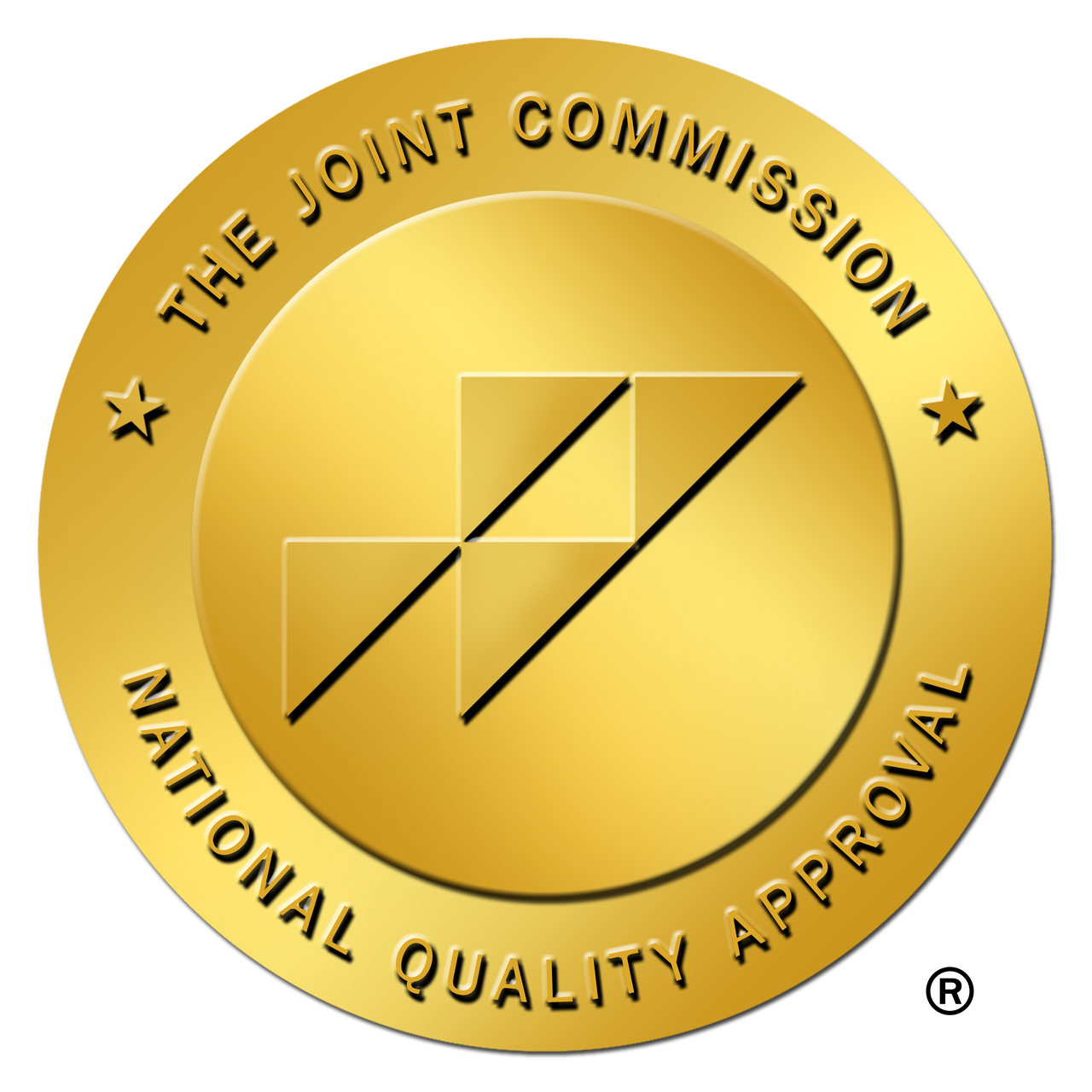
Over the years, the misuse of and addiction to opioids such as heroin, pain relievers, and fentanyl has increased dramatically in the United States.
The opioid and fentanyl epidemic is one of the most pressing public health issues in the United States today. Overdose deaths from opioids have quadrupled since 1999, and more than 70,000 people died from an opioid overdose from 2018 to 2019 alone.
This surge in overdoses is being driven in large part by the use of illicitly manufactured fentanyl, a powerful and dangerous synthetic opioid. To combat this epidemic, it is important to understand what fentanyl and opioids are, how they work, and why they are so addictive.
Opioids are a class of drugs that include the illegal drug heroin, as well as prescription pain relievers such as oxycodone, hydrocodone, codeine, morphine, and many others.
Fentanyl is a powerful synthetic opioid. It is similar to morphine but can be up to 100 times more potent. Fentanyl is often used to cut or dilute other drugs, which can increase the risk of overdose.
According to studies, fentanyl is 50 times more potent than heroin, this means that even a small amount of fentanyl can be deadly. Fentanyl is so dangerous because it is often mixed with other drugs without the user's knowledge, which makes it difficult to know how much fentanyl is actually being consumed.
Fentanyl and other opioids work by binding to certain receptors in the brain and spinal cord that are responsible for pain and pleasure. When these drugs bind to these receptors, they produce a feeling of euphoria and well-being, which is why they are often abused.
Overdose can occur when a person takes too much of an opioid or fentanyl, leading to slowed breathing and/or loss of consciousness. Fentanyl is especially dangerous because it is so potent, and even a small amount can cause an overdose.
Here are some symptoms when a person overdoses on fentanyl:
The use of illicitly manufactured fentanyl has played a major role in the opioid epidemic. Fentanyl is often used to cut or dilute other drugs, which can increase the risk of overdose.
And there is an alarming increase in fentanyl-related overdose and death over the years. This is an extremely dangerous trend that needs to be addressed.
The best way to combat the opioid and fentanyl epidemic is through prevention. Education is key here because knowing about the effects of using illicit drugs can be crucial to preventing their use in the first place. It is also important for people to understand how easily addiction can occur.
There are also a number of treatment options available for those who are struggling with an addiction to opioids or fentanyl. Treatment can help people to recover and lead healthy, productive lives.
If you or someone you know is struggling with an addiction to opioids or fentanyl, The Valley offers a safe place to start your journey to recovery. We are a full inpatient residential substance abuse treatment center.
Our treatment programs are grounded in evidence-based practices and include comprehensive diagnosis, individualized treatment plans, opioid detoxification, substance use and addiction education, therapy, and more.
As the go-to addiction treatment center in Rockville, MD, The Valley provides exceptional care in a restorative environment to help patients overcome their addiction and get their lives back on track.
Call us now at (301) 355-7455 or fill out our contact form to get started. You can also email us at info@thevalleymd.com to learn more about our services.
 ® The Valley®
® The Valley®



